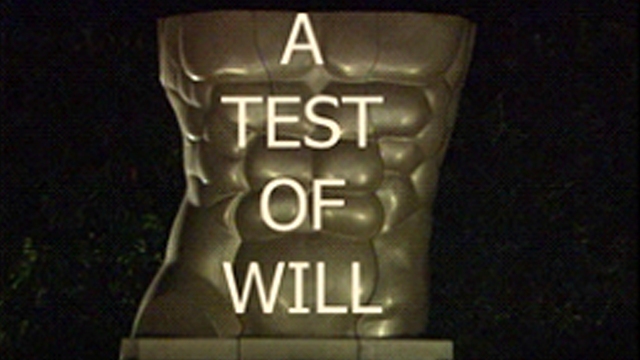A Test Of Will
Will new doping tests prevent cheating at the Sydney Olympics?
 In the run-up to the Sydney Olympics, will the new drugs screening process help to filter out cheats, or is it just another stab in the dark?
In the run-up to the Sydney Olympics, will the new drugs screening process help to filter out cheats, or is it just another stab in the dark?
Two years ago the IOC and the entire sporting fraternity finally got their wake-up call. They watched in horror as a major drug scandal destroyed the reputation of the prestigious Tour de France, leaving elite cycling synonymous with doping. A whole team was expelled after huge quantities of drugs were found and team officials admitted banned drugs were systematically supplied to the riders. The cyclists' drug of choice is EPO, a synthetic clone of the hormone erythropoietin. Naturally produced in the kidneys, EPO turns on red blood cell production in our bone marrow. Synthetic EPO is used to treat anaemia or kidney failure. For a cheating athlete it is liquid gold, boosting performance up to 15 per cent. First produced in the early eighties, it quickly found its way onto the black market and into athletes' veins. "The effect of EPO means that you can train twice or three times more that the people who don't take EPO and you recover in a fantastic way", says Antoine Vayer, a former trainer with the banned cyclist team Festina.
In Sydney, however, it is hoped that a new test approved just weeks ago by the International Olympic Committee will finally stop the cheats. But the result is contentious and a team of prominent scientists believe that the IOC have chosen the far weaker option, despite progress in developing a truly effective test. This has led them to question the IOC's commitment to end doping. "It's going to be totally, totally ineffective... You'd have to be the silliest athlete in the world to get caught in these tests", says Dr Peter Larkins, SOCOG team doctor.
The stakes are high on all sides. For every would-be Olympian, the Sydney Games represent the culmination of years of persistence, struggle and sacrifice. For the men behind the Olympics, the Sydney Games must showcase a return to an Image of strength and honour. The very future of the games depends on it. The IOC's hopes of repairing its tattered reputation rest on a successful Sydney Olympics. Much of that success will depend on how clean the games are seen to be, and whether the new test can weed out the cheats. "If a whole sport, or the Olympics itself, relies very heavily on the commercial support, both of the media plus on those major companies like the Coca-Colas and McDonald's of the world - they don't want to be associated with a bad image... If there were a lot of drug use, then you expect that those companies would withdraw ", says Dr Peter Larkins.
Produced by ABC Australia
FULL SYNOPSIS
